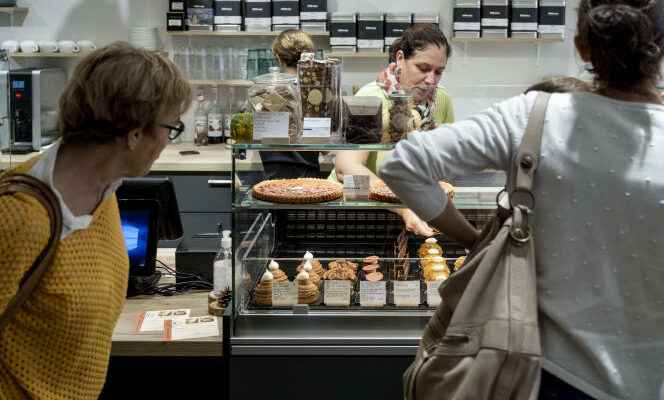Vincent Chabault is a sociologist and teacher-researcher at Paris Cité University. Author of the book Store praise. Against Amazonization (Gallimard, 2020), he explains that, if the constraints linked to Covid-19 have favored commercial proximity, due to inflation there could be a reversal of the situation for food businesses, insofar as those -these are much less competitive on price than large retailers.
How are local businesses doing?
The market share of food businesses has been growing timidly for a few years and, during Covid-19, mobility constraints have favored commercial proximity, whether for independents or for small supermarkets. Since 1er January, all the figures remain positive in the food sector – bakeries, cheese shops, fishmongers, butchers, etc. But since July-August, there could be a reversal of the situation for these businesses, insofar as they are much less competitive on prices than large retailers.
In the non-food sector, the situation is completely different. For ready-to-wear, business has been catastrophic for several years; for the bookstore, the rebounds were positive during the confinements but the year 2022 promises to be much more difficult due to budgetary constraints – it is pleasure purchases which are the first to go down in times of inflation.
What impact is this new crisis likely to have on traders?
The risk, for food businesses, is to have to confine themselves to their usual clientele, that is to say their well-to-do clientele for whom soaring prices have little effect. In the metropolises, for example, everything is still going well: there are middle classes or upper classes, for whom the soaring prices – +10% on the package of pasta – do not affect the monthly budget. On the other hand, these merchants will welcome less people they had been able to see during the crisis, those working from home or close to their store. Food craftsmanship truly becomes a class trade.
Small businesses do not have a very large room for maneuver in the face of soaring prices. They don’t have the same relationship with their supplier as the supermarkets. Facing them, they have households that have stronger budgetary constraints than before. They cannot therefore increase prices much, at the risk of seeing part of their clientele leave. The latter does not necessarily go very far because we are still today in mobility constraints related to the scarcity of gasoline or its cost. However, the mobility constraint favors urban or rural commercial proximity, but their customers will probably go to their Carrefour Market rather than to their butcher shop.
You have 34.4% of this article left to read. The following is for subscribers only.
